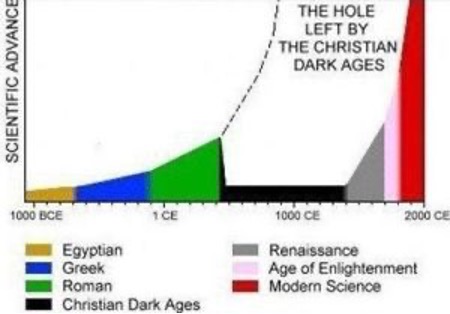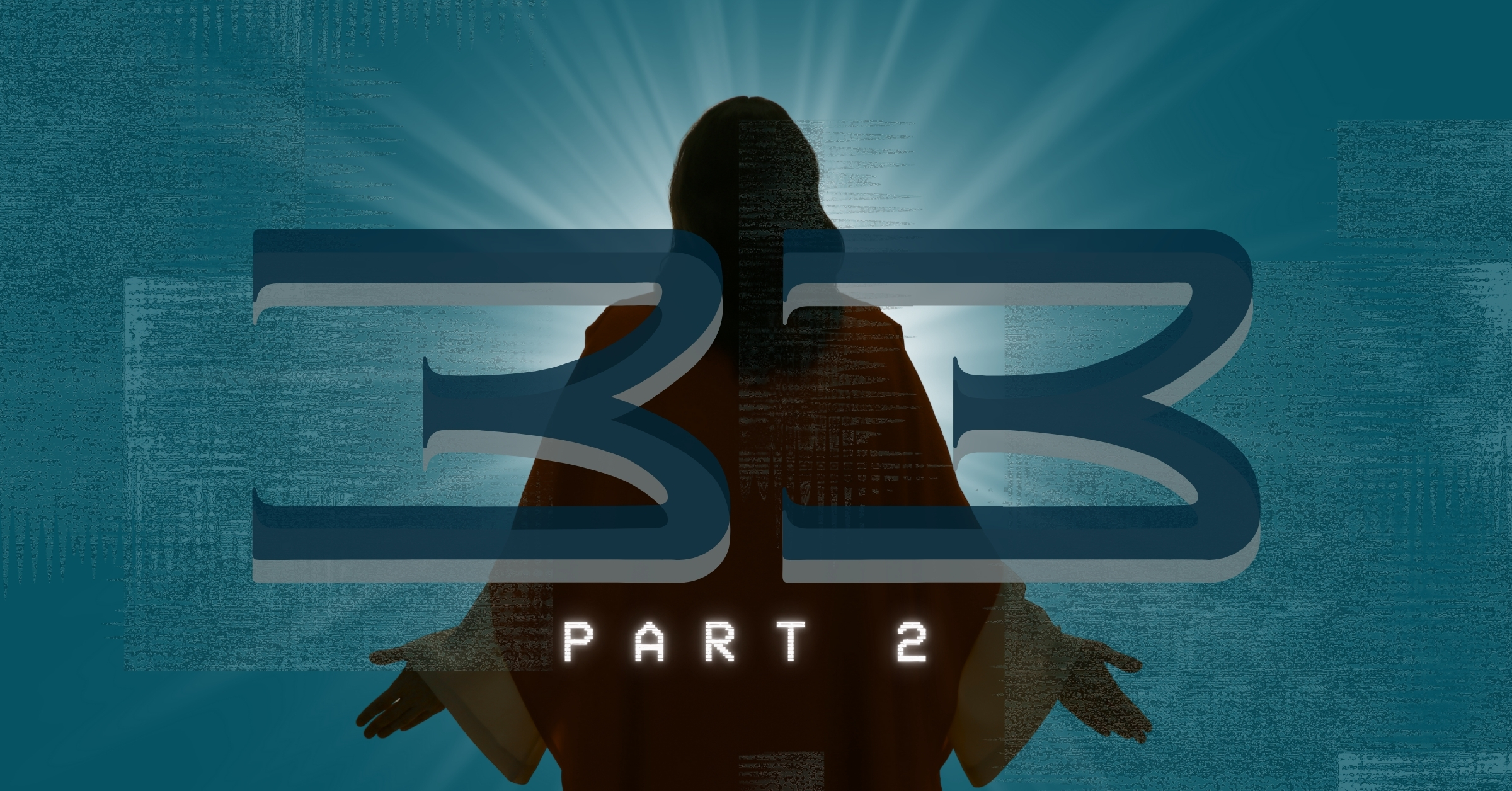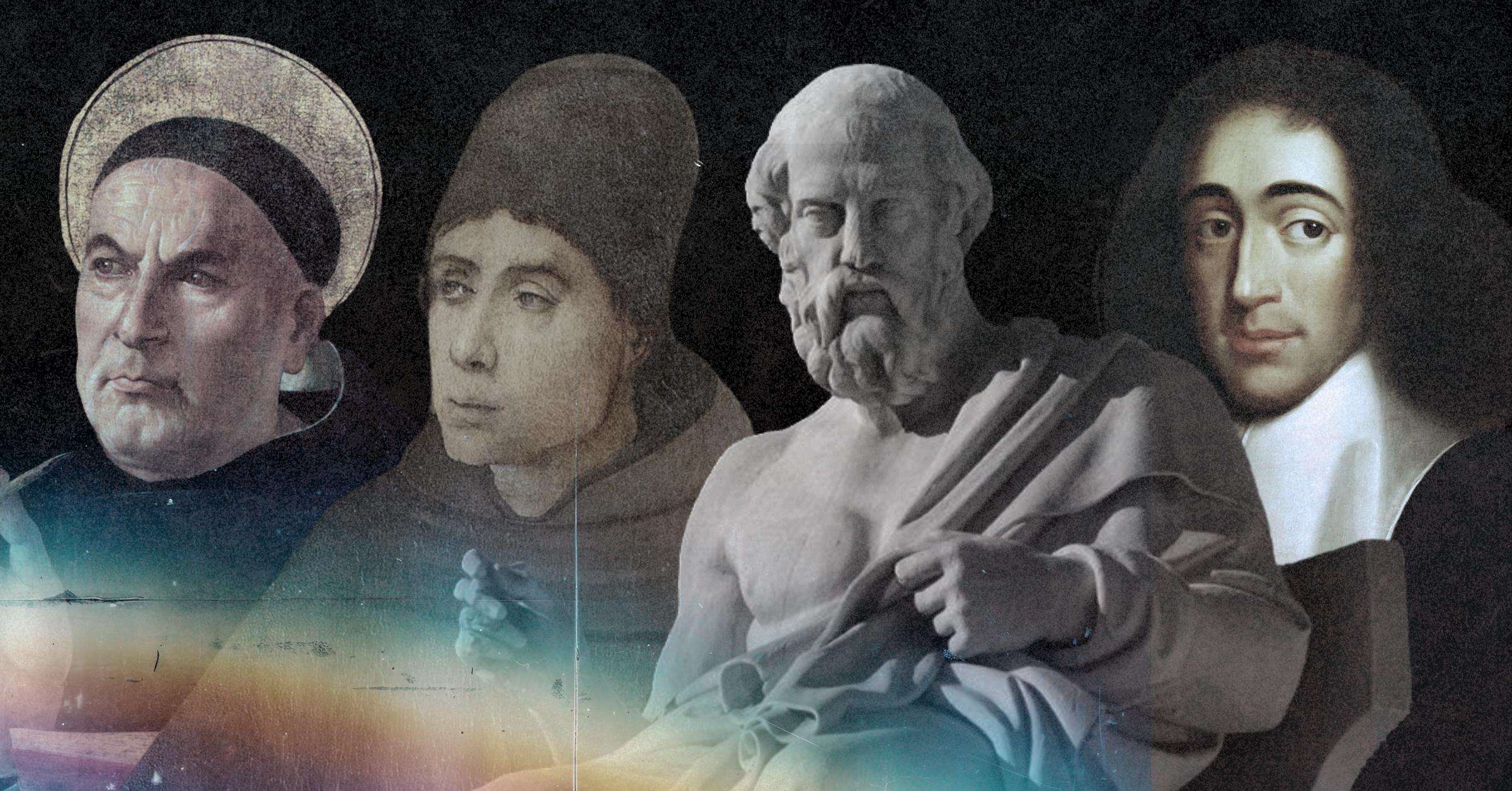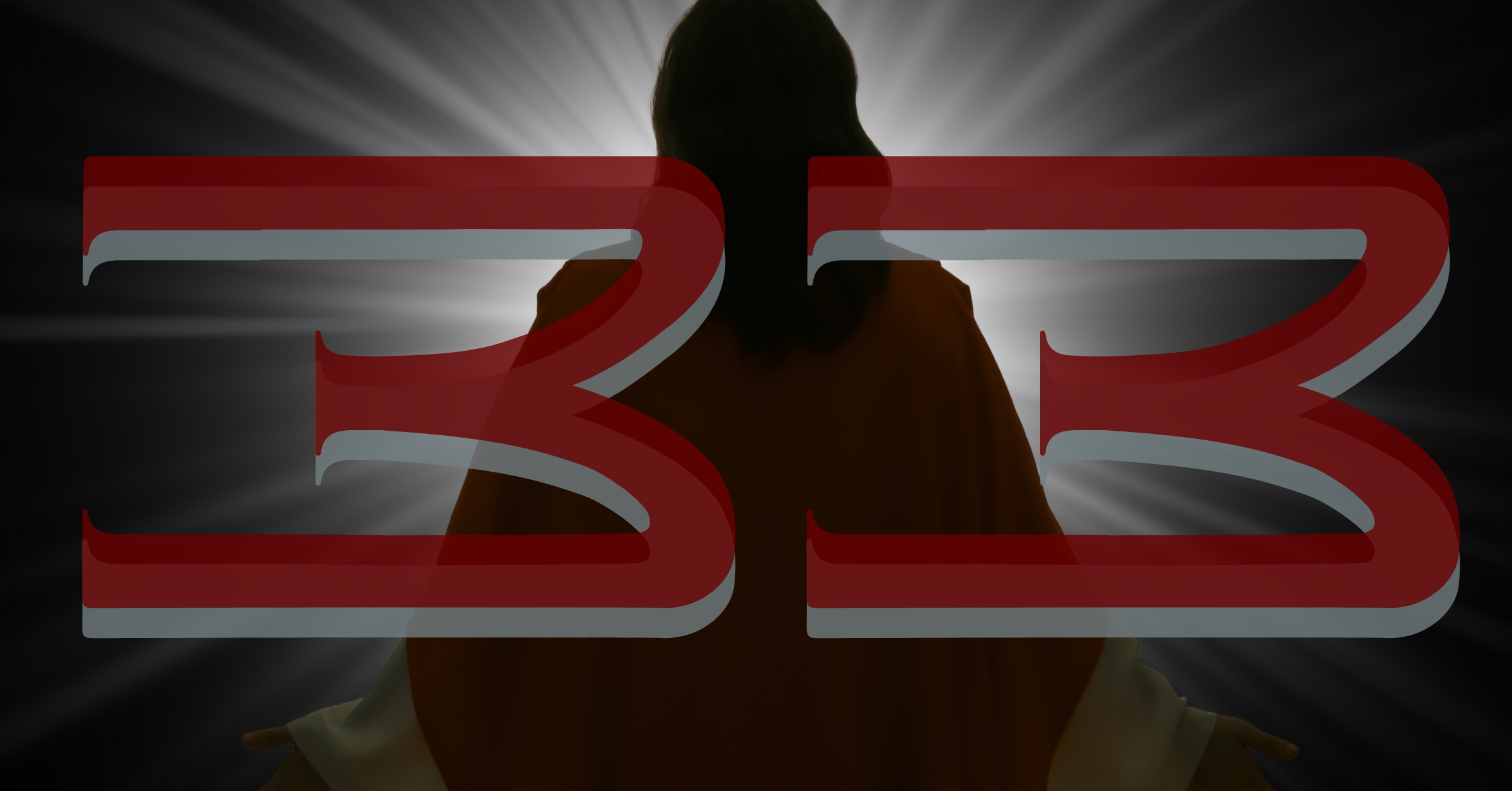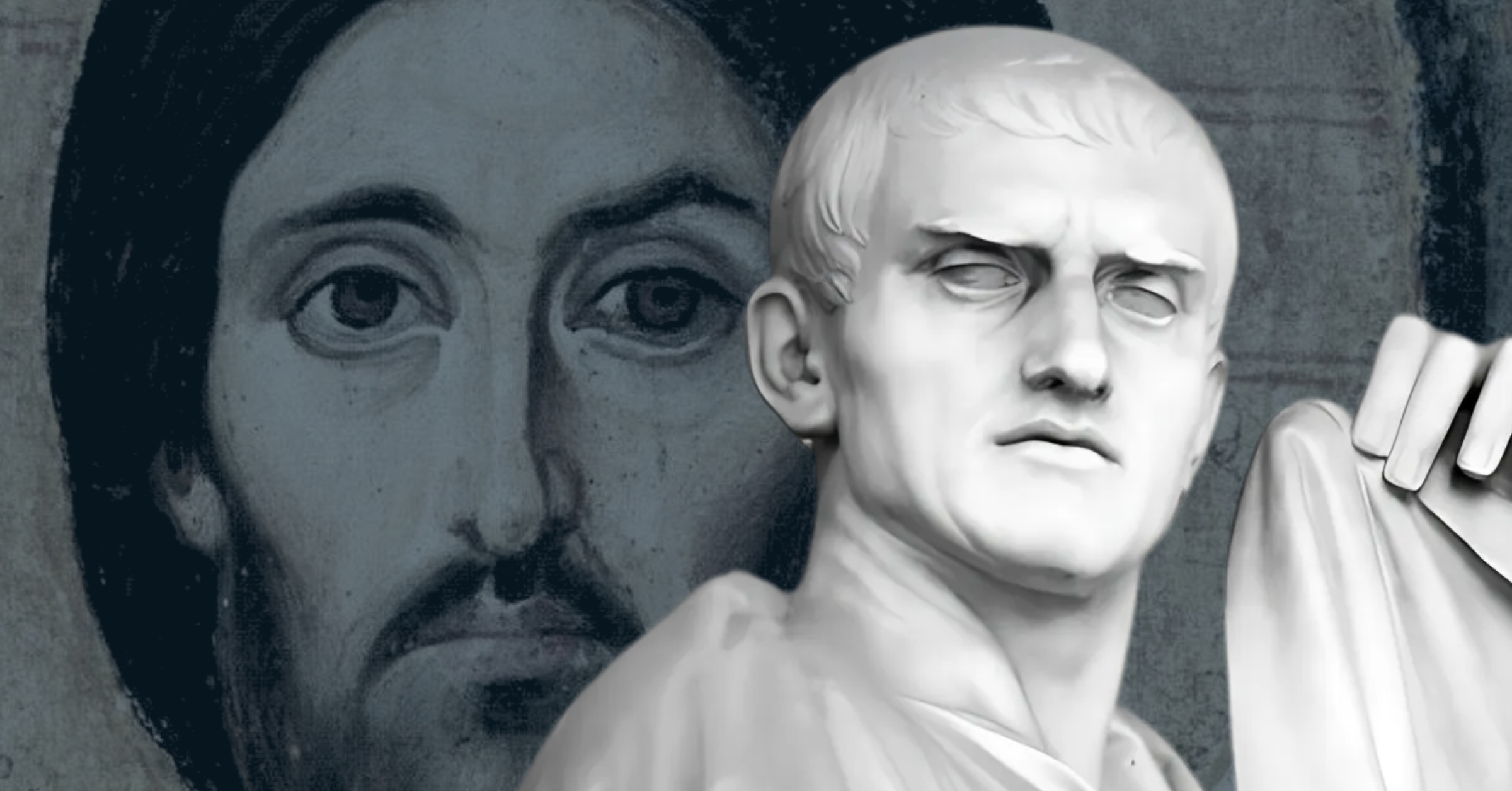Dan McClellan is a Biblical scholar who has taken to creating YouTube content. He has a popular channel, with 127,000 subscribers at the time of this writing. He often produces short videos responding to conservative scholars and apologists. Unfortunately, McClellan often comes across as incredibly condescending towards conservative scholars, with a rhetorical tone that is, in my view, unbecoming of scholarly discourse. I know that other conservative scholars feel the same way. McClellan recently published a 17-minute video responding to a TikTok video by my colleague, Dr. Sean McDowell, on discrepancies in the resurrection narratives. In this article, I will address points raised in this video.
McDowell begins by observing, correctly, that “even if there were contradictions in the Bible, this wouldn’t prove that Christianity is false.” I agree with McDowell. I do not believe that the truth of Christianity hangs on inerrancy (see my essay on this subject here) and I am persuaded of the existence of a small number of minor good-faith mistakes in the gospels, none of which substantially undermine their overall trustworthiness.[1] More evidentially significant in undermining the reliability of the sources would be examples of the evangelists making assertions that are contrary to what they knew to be true (I do not believe the evangelists ever intentionally altered the facts).
McClellan responds to McDowell,
“[W]hile I’m sure that is the rhetorical goal of many challenges to the dogma of univocality, that’s certainly not the reason that I am challenging that dogma. But I will point out that, if you imagine that every challenge to the dogma of univocality is an attempt to disprove Christianity and you are an apologist for Christianity, that obviously means you’re going to be beginning from a position of dogma and you’re going to have a much harder time actually thinking critically about the data you’re engaging. And I think your use of the subjunctive mood in ‘if there were actually contradictions in the Bible’ is indicative of that dogmatic stance from which you’re engaging the question.”
McClellan appears to misunderstand the nature of our approach. The high reliability of the gospels and Acts is the conclusion of our argument, not the premise. We do not decide ahead of time that the evangelists did not make things up or intentionally alter the facts. Rather, this is the verdict we have arrived at after careful and extensive study of the data.
McDowell asserts that “If you want to prove Christianity is false, you’ve got to reproduce the body of Jesus.” I would not agree that this is the only way by which Christianity could be “proven false” (which I’m taking to mean “rendered improbable”). Generally, a complex proposition is not “disproven” by a single piece of data, but rather by an accumulation of evidences, each of which cuts against its plausibility. My verdict is that the preponderance of evidence very heavily confirms the truth of Christianity, though I can envision various scenarios where it could have been the other way (and, in fact, there are lines of evidence I could list which would sit on the negative side of the balance). In any case, it would be next to impossible to demonstrate that a body was, in fact, that of Jesus of Nazareth (a point McClellan himself makes), so this would not by any means be the cleanest way to refute Christianity.
Resurrecting Hume
McDowell asserts that “we can show Jesus rose from the grave, even if there were contradictions in the Bible.” I agree. McClellan, however, responds,
“No you can’t. That’s a dogma. That is not something that is supported by any data. That is a claim that directly contravenes everything we’ve ever been able to observe about the nature of life in the Universe. So that’s not saying I begin from the position that it’s impossible. It’s saying I begin from the position that that is an extraordinary claim that requires extraordinary evidence and you have absolutely nothing even remotely approximating extraordinary evidence for this event that would overturn everything that we have consistently observe about the nature of life in the Universe.”
This essentially revives David Hume’s objection to justified belief in miracles. Hume argued that one could never be justified in inferring that a miracle had taken place (even if it did) because a miracle is, by its very nature, the least probable explanation (since it contradicts uniform human testimony) — thus, any naturalistic contender (no matter how intrinsically improbable) is going to be more plausible than the hypothesis that the routine course of nature has been interrupted. However, Hume was adequately addressed by his own contemporaries (e.g. William Paley, George Campbell, and John Douglas) as well as by modern philosophers (e.g. John Earman, himself an agnostic). William Paley, for example, noted,
Now the improbability which arises from the want (for this properly is a want, not a contradiction) of experience, is only equal to the probability there is, that, if the thing were true, we should experience things similar to it, or that such things would be generally experienced. Suppose it then to be true that miracles were wrought on the first promulgation of Christianity, when nothing but miracles could decide its authority, is it certain that such miracles would be repeated so often, and in so many places, as to become objects of general experience? Is it a probability approaching to certainty? Is it a probability of any great strength or force? Is it such as no evidence can encounter? And yet this probability is the exact converse, and therefore the exact measure, of the improbability which arises from the want of experience, and which Mr. Hume represents as invincible by human testimony. It is not like alleging a new law of nature, or a new experiment in natural philosophy; because, when these are related, it is expected that, under the same circumstances, the same effect will follow universally; and in proportion as this expectation is justly entertained, the want of a corresponding experience negatives [sic] the history. But to expect concerning a miracle, that it should succeed upon a repetition, is to expect that which would make it cease to be a miracle, which is contrary to its nature as such, and would totally destroy the use and purpose for which it was wrought. [2]
In other words, the purpose for which miracles are wrought (according to both the Old and New Testament) is to vindicate divine messengers. For them to function in this capacity, and grab our attention, they need to recognizably deviate from the way nature normally behaves when left to itself — otherwise, they would be robbed of their evidential value. Therefore, that miracles do, in fact, deviate from the routine course of nature cannot be taken as a serious rejoinder to the hypothesis under review. We need to look to other considerations to get a handle on the prior probability of God performing a miracle in Jesus’ case in particular (i.e., raising him from the dead).
If Jesus really is the Hebrew Messiah, then we would expect the God of Israel to raise him from the dead (cf. Isa 53:10). Jesus also indicated, on multiple occasions, that his Messianic self-claims would be vindicated by his resurrection from the dead. Therefore, arguments that (independently of the resurrection) bear on Jesus’ Messianic identity are relevant to the prior probability of God raising Jesus in particular from the dead — since they suggest that God plausibly has motivation for doing so. It is not my purpose here to provide a detailed elaboration of these independent arguments, but rather to articulate how this case can be developed.
The Case for Harmonization
Before delving into specific instances of discrepancy that McClellan alleges, it is worthwhile to briefly explain why I firmly believe that harmonization represents good historical methodology, quite aside from any concerns about inspiration or inerrancy. Although I am not myself committed to inerrancy as a matter of principle, I am an avid advocate of the practice of harmonization [see endnote 1]. Sources that have been demonstrated to be substantially reliable constitute evidence for their propositional claims. This is true whether dealing with a religiously significant text or otherwise. Therefore, if one identifies an apparent discrepancy between reliable sources (such as the gospels), the rational course of action is to search for a plausible way in which those texts may be harmonized. Though this practice is typically disavowed in Biblical scholarship, I think the scholarly bias against harmonization is quite unreasonable. I view harmonization as good, responsible scholarly practice, whether one is dealing with religiously significant sources or secular ones. Different sources that intersect in their reportage of a particular event should be allowed to illuminate and clarify one another. I also think that sources that have been otherwise demonstrated to be highly reliable should be given the benefit of the doubt when there is an apparent discrepancy. In my view, in such cases, reasonable harmonizations should be sought for as a first port of call and the author being in error should be concluded only if possible harmonizations are implausible. Lydia McGrew puts this point well:
”Harmonization is not an esoteric or religious exercise. Christians studying the Bible should not allow themselves to be bullied by the implication that they are engaging in harmonization only because of their theological commitments and hence are fudging the data for non-scholarly reasons. To the contrary, reliable historical sources can be expected to be harmonizable, and they normally are harmonizable when all the facts are known. Attempting to see how they fit together is an extremely fruitful method to pursue, sometimes even giving rise to connections such as the undesigned coincidences discussed in Hidden in Plain View [a book authored Lydia McGrew]. This is why I pursue ordinary harmonization between historical sources and why I often conclude that a harmonization is correct.”[3]
An important consideration in regards to the assessment of harmonizations, often overlooked, is that the evidential weight of a proposed error or contradiction in Scripture relates not so much to the probability of any one proposed harmonization but rather to the disjunction of the probabilities associated with each individual candidate harmonization. To take a simplistic example, if one has four harmonizations that each have a 10% probability of being correct, then the evidential weight of the problem is significantly less than if you only had one of those, since the disjunction of the relevant probabilities would be 40%. Thus, the text would be only slightly more likely erroneous than not (and inductive arguments for substantial trustworthiness may tip the scales in favor of giving the author the benefit of the doubt). In reality, of course, the math is rather more complicated than this, since one has to consider whether any of the harmonizations are overlapping or would imply one another in such a way that the probabilities cannot be added to each other. Of course, if some of the disjuncts have a very low probability of being correct, then they will not be of much help.
How Many Angels Were at the Tomb?
McDowell notes that there is a difference between a contradiction and a difference — for example, Matthew and Mark both speak of one angel at the tomb on easter morning, whereas Luke and John mention two. McDowell observes that this is not a contradiction since, if there are two, it is also true to say there was one (no text indicates there was only one). I agree with McDowell. Matthew and Mark simply spotlight the angel who spoke and omit mention of the other, who presumably did not speak. Omission is not the same as denial. Moreover, the scene with Mary Magdalene in John 20 is a separate episode, which occurs later, after Peter and John have already inspected the tomb and left. Though Mark and Luke speak of the angels as “a young man” and “two men” respectively, this is not an unusual way to describe angels in Scripture, since angels often appear as humans (cf. Gen 18:1-2; Heb 13:2). Incidentally, Bart Ehrman errs, in his book Jesus, Interrupted, when he remarks that “none of the three accounts states that the women saw ‘two angels.’”[4] [3] Luke 24:23 does, in fact, identify the “two men” as “angels.” McClellan emphasizes that, in Mark, the angel is said to be “sitting” (Mk 16:5), whereas in Luke the two angels are said to be standing (Lk 24:4). But there is nothing implausible about one or both angels changing their position in the course of the events.
McClellan responds,
“The idea that, if there were two there was one argument adequately resolve the ostensible contradiction in the gospels’ accounts of the resurrection, I think, is symptomatic of one of the critical methodological flaws of apologetics because the main rhetorical goal of apologetics is not to convince people who don’t already agree — it’s not to convince me; it’s not to generate an argument that is valid for critical scholars. The main purpose of apologetics is to perform confidence and competence so that the people who already agree can be made to feel validated in that agreement. And because their worldviews and their self-identities are so entangled with the dogmas they want to be convinced are true, the evidentiary bar is lying on the ground and so they do not require remarkably robust or sophisticated or methodologically valid arguments. They just need to be made to feel that the arguments are valid. And because they generally are not incredibly well informed about critical scholarship you just have to simulate a valid argument; you don’t actually have to produce one. So apologetics is primarily aimed at performing an argument that’s good enough to convince non-specialists who really really want to be convinced that the dogma is justified. That’s the main purpose of apologetics.”
McClellan does not really appear to understand what apologetics is. Apologetics, done properly, is what one engages in after the results of a fair and balanced open-ended inquiry are in and the time has come to articulate your conclusions, and the justification of those conclusions, to the scholarly community and wider public. Every academic paper or book is an exercise in apologetics for one conclusion or another. Good apologists set a high bar for what arguments they are going to use because they do not want to mislead or misinform people by appealing to faulty arguments or incorrect information. There are many arguments for Christianity, or for theism more broadly, which I find to be unconvincing and therefore I do not use. Moreover, when I talk to people about the evidences of Christianity (sometimes Christians with doubts; other times former Christians or non-Christian seekers), I am careful to show my primary sources so that people know where my information comes from (I think anyone who has participated in a meeting with me via TalkAboutDoubts will attest to this). So, to paint all apologists with a broad brush as being either incompetent or dishonest, or both, is, in my opinion, quite disingenuous on McClellan’s part. See my essay here on how apologists can (and should) exemplify a “scout mindset” in their scholarship.
Did the Women Observe the Rolling Back of the Stone?
McClellan claims that the resurrection narratives conflict not just on the number of angels at the tomb, but on “most of the narrative details.” For example, in Mark 16:3-4, the stone is said to have already been rolled back by the time the women arrived at the tomb, whereas in Matthew, we read, “Now after the Sabbath, toward the dawn of the first day of the week, Mary Magdalene and the other Mary went to see the tomb. And behold, there was a great earthquake, for an angel of the Lord descended from heaven and came and rolled back the stone and sat on it,” (Mt 28:1-2). Curiously, McClellan insists on rendering καὶ ἰδοὺ (kai Idou, see Matt 28:2) as “And suddenly.” But this is an interpretive translation, not the literal meaning. The phrase καὶ ἰδοὺ is a very common New Testament expression, and means “And behold.” Contrary to McClellan, It does not necessarily imply that the women witnessed the earthquake or descent of the angel. A better way of conveying the meaning of “and suddenly” would be the phrase καὶ ἐξαίφνης (kai exaifnēs).
Indeed, the entire passage regarding the angel (verses 2-4) is introduced by the particle γάρ (“For…”). Its purpose is to explain the earthquake and state of affairs as found by the women upon their arrival at the tomb. In describing the descent of the angel, Matthew employs an aorist participle (καταβὰς). which can be rendered “…for an angel of the Lord had descended…” There is no reason, then, to infer from Matthew that the women witnessed the descent of the angel.
Multiple Stations of Angels?
According to McClellan, “in order to reconcile Matthew and Mark, we have to imagine that these women are encountering multiple stations of angels who are going to scare them and tell them not to be scared, first on the outside and then on the inside.” McClellan emphasizes that, in Mark, the angel is explicitly said to be sitting inside the tomb — “And entering the tomb, they saw a young man sitting on the right side…” (Mk 16:5). McClellan believes that Matthew indicates that the women encountered the angel on the outside of the tomb, before entering. But the text of Matthew does not say this — it merely indicates that “the angel said to the women, ‘Do not be afraid, for I know that you seek Jesus who was crucified. He is not here, for he has risen, as he said. Come, see the place where he lay.’” There is no indication of where the angel was when the women encountered him or when this was said.
Preparing the Spices
McClellan observes that, in Luke, we read, “But on the first day of the week, at early dawn, they [the women] went to the tomb, taking the spices they had prepared,” (Lk 24:1). McClellan understands Luke to indicates that these spices were prepared before the Sabbath (Lk 23:56). But according to Mark 16:1, the women bought the spices after the Sabbath had passed. How might these texts be harmonized? Luke does not, in fact, say explicitly that the spices were prepared before the Sabbath. Verse 56a merely indicates that the women purchased spices following Jesus’ burial (without specifying whether this took place before or after the Sabbath). Verse 56b clarifies that the women rested on the Sabbath day, in accordance with Jewish law. Plausibly, Luke does not know exactly when the spices were purchased (whether before or after Sabbath) and leaves it ambiguous.
Even if one takes Luke 23:56 to indicate that the spices were prepared before the Sabbath, the texts do not seem particularly difficult to harmonize. One could envision, for example, that Joanna, being better off than the other women, already had spices at her house, which she had time to prepare at home. Perhaps Joanna and one or more other women spent the Sabbath at Joanna’s house and had time to prepare the spices before the Sabbath began, while the two Marys and Salome had to purchase them after the Sabbath at first dawn. Luke 24:10 lists two Marys, Joanna, and an unspecified number of “other women,” who went to the tomb — so we do not know how many women came to the tomb on easter morning. Joanna may have been a primary source behind Luke’s account of the women at the tomb (Luke is the only evangelist who mentions Joanna at all, including the fact that she was the wife of Chuza in Luke 8:1). If this is the case, it is consistent with the conjecture that she was the one who already had spices at home that she could prepare.
Had the Sun Risen, or Was it Still Dark?
McClellan points out that Mary came to the tomb, according to John 20:1, “while it was still dark,” whereas Luke 24:1 indicates that the sun had risen. The expression used by Luke is ὄρθρου βαθέως (opthrou batheōs), literally meaning “deep dawn.” It refers to the very early hours of the morning. This is rendered “early dawn” by the ESV. It is not at all implausible to think that at early dawn it would still be somewhat dark. This is arguably the weakest of McClellan’s examples.
A Different Sequence of Events in John?
McClellan observes that, in John’s account, Mary Magdalene reports to Peter and John that the tomb is empty and she does not know what has happened to Jesus. Peter and John then come and inspect the tomb but find it empty. They then leave Mary alone and she has an encounter with the risen Jesus (but angels never tell Mary anything). McClellan notes that this is an entirely different sequence of events from the synoptic gospels. The episode with Mary at the tomb in John, however, is clearly an episode distinct from the women’s encounter in the synoptic gospels. There is no contradiction here, since these are two separate and independent events. Moreover, I think plausibly Mary left the larger group of women prior to their encounter with the angel and with the risen Jesus. This is even lightly suggested by the words of Mary to Peter and John, “They have taken the Lord out of the tomb, and we do not know (οὐκ οἴδαμεν; ouk oidamen) where they have laid him.” Note the use of the plural verb, οἴδαμεν — the use of the plural verb implies that she is speaking on behalf of other women, even though John spotlights Mary Magdalene in particular. This would explain why she did not know what had happened to Jesus even though, according to the synoptic gospels, the group of women encountered an angel and the risen Jesus at the tomb.
Conclusion
McClellan claims that he has never heard anyone attempt to harmonize the resurrection accounts. If this is so, then I would suggest that he needs to read more conservative literature — for example, John Wenham’s book, Easter Enigma, is focused on precisely this subject.[5]I do not believe that any of the harmonizations offered above are unreasonable, or a stretch. Given the very large body of evidence indicating that the authors of the gospels are individuals who are very well informed, close up to the facts, and in the habit of being scrupulous, I believe that we should approach these sources with charity, and allow them to clarify and illuminate one another. This is nothing short of good, responsible, practice when evaluating ancient sources.
References:
[1] [Editor’s Note: Jonathan McLatchie’s views on inerrancy and “biblical errors” do not necessarily represent the views of Crossexamined.]
[2] William Paley, A View of the Evidences of Christianity: Volume 1, Reissue Edition (Cambridge: Cambridge University Press, 2009).
[3] Lydia McGrew, The Mirror or the Mask: Liberating the Gospels from Literary Devices (Tampa, FL: Deward Publishing Company, Ltd, 2019), 53-54.
[4] Bart D. Ehrman, Jesus, Interrupted: Revealing the Hidden Contradictions in the Bible (And Why We Don’t Know About Them).(New York: HarperCollins, 2009), p. 8.
[5] John Wenham, Easter Enigma: Are The Resurrection Accounts in Conflict? (Wipf and Stock; Reprint Edition, 2005).
Recommended Resources:
Why We Know the New Testament Writers Told the Truth by Frank Turek (mp4 Download)
The Top Ten Reasons We Know the NT Writers Told the Truth mp3 by Frank Turek
Counter Culture Christian: Is the Bible True? by Frank Turek (Mp3), (Mp4), and (DVD)
The New Testament: Too Embarrassing to Be False by Frank Turek (DVD, Mp3, and Mp4)
Dr. Jonathan McLatchie is a Christian writer, international speaker, and debater. He holds a Bachelor’s degree (with Honors) in forensic biology, a Masters’s (M.Res) degree in evolutionary biology, a second Master’s degree in medical and molecular bioscience, and a Ph.D. in evolutionary biology. Currently, he is an assistant professor of biology at Sattler College in Boston, Massachusetts. Dr. McLatchie is a contributor to various apologetics websites and is the founder of the Apologetics Academy (Apologetics-Academy.org), a ministry that seeks to equip and train Christians to persuasively defend the faith through regular online webinars, as well as assist Christians who are wrestling with doubts. Dr. McLatchie has participated in more than thirty moderated debates around the world with representatives of atheism, Islam, and other alternative worldview perspectives. He has spoken internationally in Europe, North America, and South Africa promoting an intelligent, reflective, and evidence-based Christian faith.
Originally posted at: https://bit.ly/421kvCL





